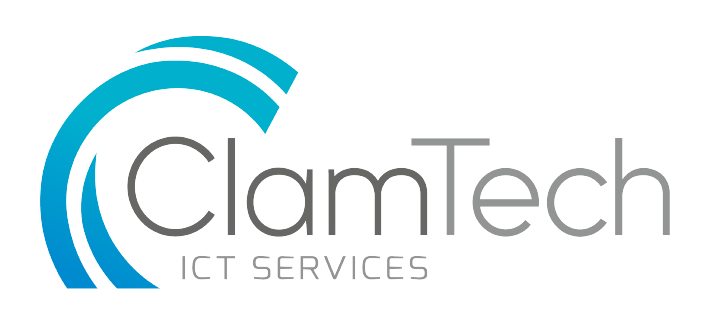Tech trends for 2020
These days technology is evolving at such a fast pace that trend predictions may seem out of date before they are even published. As technology advances, it enables even faster change, accelerating the rate of change and eventually becoming exponential. Tech-based careers are heavily influenced by these trends and IT professionals realise that their role will change over time. This means that people working in the IT field must be especially up to date with technological advancements. However, everyone in today’s world is influenced by IT and technology, thus we must all keep an eye out for future trends.
These are the trends to look out for in 2020:
- Artificial intelligence – It has been receiving a lot of attention in recent years and will continue to be a trend to look out for in 2020. This is because AI will soon change the way we live, work and play. It is still at an early stage, but five out of six Americans already use AI in their everyday lives, including: navigation apps, smart home devices and smartphone personal assistants. In addition to consumer use, AI is also gaining popularity in other areas, such as: scheduling trains, assessing business risk and improving energy efficiency. This type of automation is currently a hot topic due to the potential loss of jobs. However, it is predicted that AI will contribute to 23 million jobs in 2020. Jobs will be created in development, programming, testing and maintenance. The role of an AI architect will require many skilled professionals in the near future.
- Blockchain technology– It is essentially a digital ledger used to record transactions securely, due to its encrypted and decentralized nature. There were some that, during 2019, argued that this technology was over-hyped and not as useful as first thought. However, continued investment by companies like FedEx, IBM, Walmart and Mastercard during the past year is likely to start showing results and increase the rate of adoption by smaller companies. Furthermore, Facebook is scheduled to launch its own blockchain-based crypto currency, called Libra.
- 5G networks – The 5th generation of mobile internet connection will give us very fast download and upload speeds as well as more stable connections. 5G mobile data networks became available in 2019 but they are still mostly expensive and only work in small areas or major cities. However, 2020 will be the year that 5G will become widely available and affordable, with improved coverage. These networks will have faster speeds than wired networks used for homes and businesses.
- Internet of Things (IoT) – This emerging technology is definitely the future and is already enabling devices, home appliances, cars and much more, to be connected to and exchange data over the internet. The number of IoT devices reached 8.4 billion in 2017 and will reach 30 billion devices in 2020. We, as consumers, use IoT daily. We can lock our doors remotely and preheat our oven on the way home, while tracking our fitness on a Fitbit and booking a cab. Businesses also have much to gain from IoT. It can increase safety, efficiency and decision making, as data is collected and analysed. Moreover, IoT enables predictive maintenance, speeds up medical care and improves customer service. However, for IoT to be effective and reach these heights, more IT professionals need to be trained in this field.
- Edge computing– Cloud computing is no longer an emerging technology, with major companies now dominating the market. As the level of data continues to rise, some shortcomings of cloud computing have started to be realized. Edge computing is designed to solve these problems and bypass the latency caused by cloud computing and getting data to a datacentre for processing. It is used for processing time-sensitive data in remote locations with limited or no connectivity to a centralized location. Edge computing will increase as use of the Internet of Things (IoT) devices increases.
All these emerging technologies are showing a lot of promise in producing significant competitive advantage for companies, as well as, making consumers’ lives easier. Other trends generating a lot of hype include: virtual reality, computer vision, smart cars and autonomous driving.

